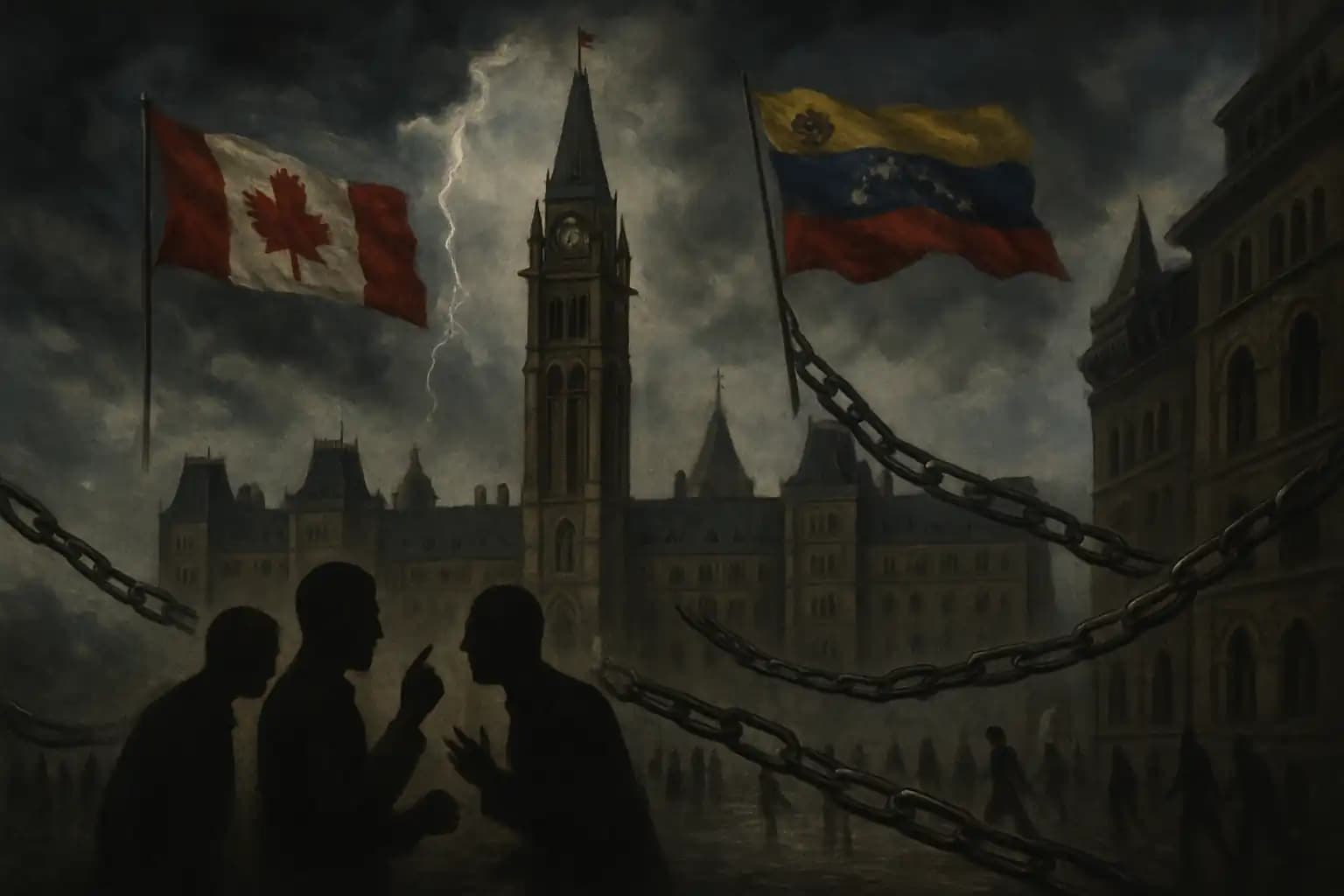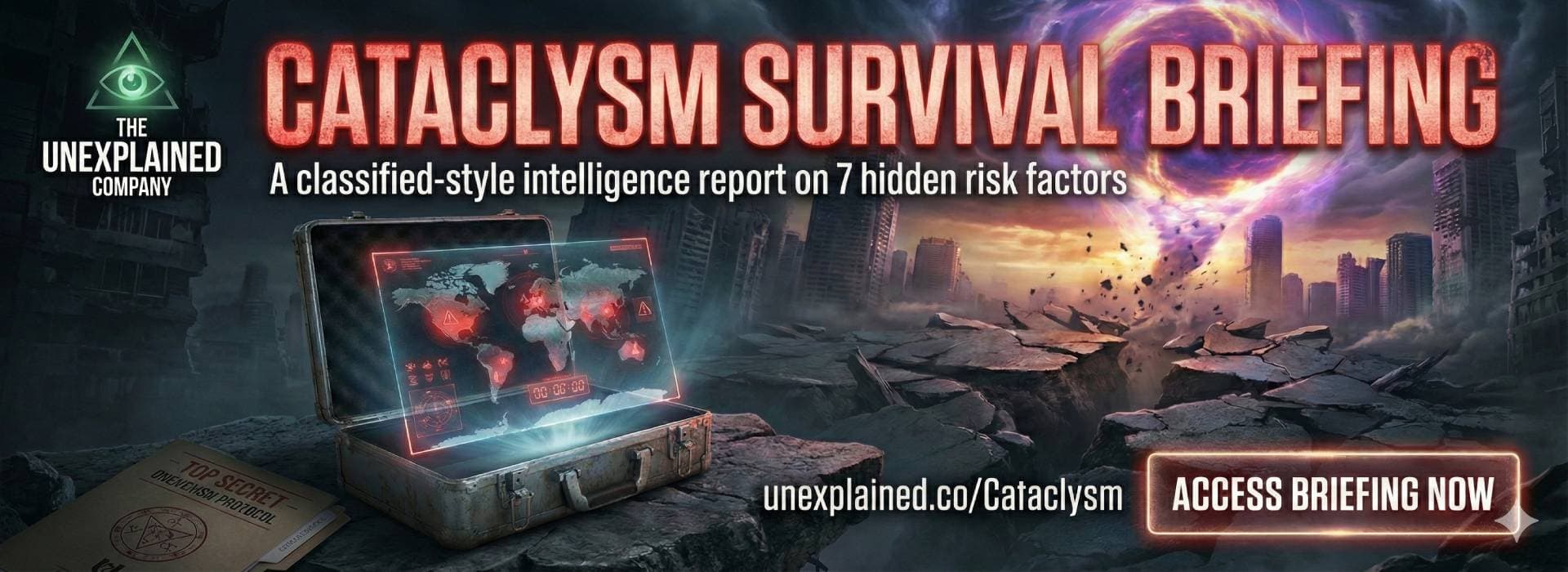Something brews north of the border, and it’s more than just the dark roast at Tim Hortons. Pundits and worrywarts draw dramatic parallels between Canada and Venezuela, warning that socialism could unravel the country’s prosperity. The phrase “it’s happening right under your nose” resonates in Canadian discourse, fueling modern political anxiety that combines alarm, economic critique, and ideological trench warfare.
Daily headlines warn of a shaky economy: some experts indicate a recession may be underway, while others highlight troubling signals in consumer confidence and GDP shrinkage. With skyrocketing inflation and the unpredictable fallout from global trade wars, it’s clear why skeptics shout “the road to serfdom!”—borrowing from Hayek’s argument that increased government intervention can lead to authoritarian disaster.
Is Canada Really on the Road to Serfdom?
Let’s set aside the doomsday scenarios and dig into the facts. The analogy between Canada and Venezuela isn’t new, but it has gained alarming popularity. Venezuela spiraled into chaos from fiscal mismanagement, rampant corruption, and collapsing oil prices—conditions not mirrored in Canada’s social safety net, regulatory oversight, or strong institutional frameworks. Nevertheless, the rhetoric persists, driven by stories of energy turmoil abroad and anxieties from sudden shocks, like the recent cosmic blasts that sent Twitter into a frenzy.
Economic vigilance is essential. According to Canada’s recession watchers, warning signs abound: flattening productivity, declining GDP, and a persistent sense that trouble looms. History indicates that Canada’s socialism differs vastly from the alarmist caricature.
The Historical Roots of Socialism in Canada
Canada’s relationship with socialism dates back to its origins. According to this detailed overview, socialist parties emerged in the early twentieth century, driven by labor movements and depressions—not strongman ambitions. The Co-operative Commonwealth Federation, precursor to today’s New Democratic Party, rose in the 1930s, advocating for workers and the welfare state. Canadian politics have always balanced pragmatism, coalition-building, and adaptability to new realities, unlike the rigid revolutions found elsewhere.
The New Democratic Party (NDP), Canada’s main socialist-inspired force, has influenced provincial policy and social programs but has never governed federally. Today, the NDP leans toward social democracy and pragmatic leftism, not hardline Marxism. While Canada cannot afford complacency—economic storms, like those depicted in climate disruptions, always test political orders—“Venezuela North” remains more meme than reality.
Economic Warning Signs and a Polarized Future
What about Canada’s current challenges? Indeed, some economists assert the recession has begun, driven by trade disputes, high household debt, and global volatility. Reports from news outlets track rising unemployment and a sinking housing market. The crucial question remains: do these warning signs indicate a Canadian crisis or simply reflect worldwide woes?
Polarization rises as culture wars over identity, government intervention, and wealth redistribution stir fears of “the end of the old world” and even alternative-history theories that blend economics and conspiracy. In this context, discussions about Canada’s economic direction become a flashpoint for broader existential fears—should we rely on government for stability, or does that lead to “serfdom”? This uncertainty fuels interest in fringe technology scenarios and unrest stories, as people seek explanations while the ground shifts beneath their feet.
Canada’s Identity Crisis—And Why Slow-Burn Socialism Isn’t a Sudden Threat
Panic is easy to monetize. However, the serious work of defining the obligations among government, business, and average Canadians remains contentious and democratic. Yes, the nation faces harsh realities and tough decisions. But the road to serfdom, if it exists, is filled with sober debate, strident protests, and a long history of adaptation—far from the one-way chute to disaster that headline writers hope for.
As the planet destabilizes and the internet magnifies every scare, maintaining calm is a revolutionary act. For insights into shifting alliances, global flashpoints, and the next big economic tremor, bunker down with Unexplained.co—where every sign of the times receives the scrutiny it merits.





